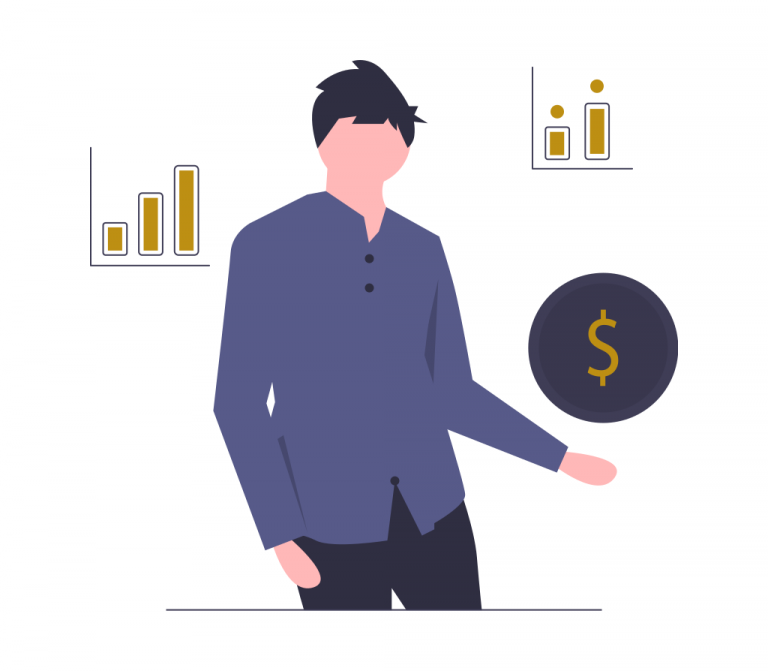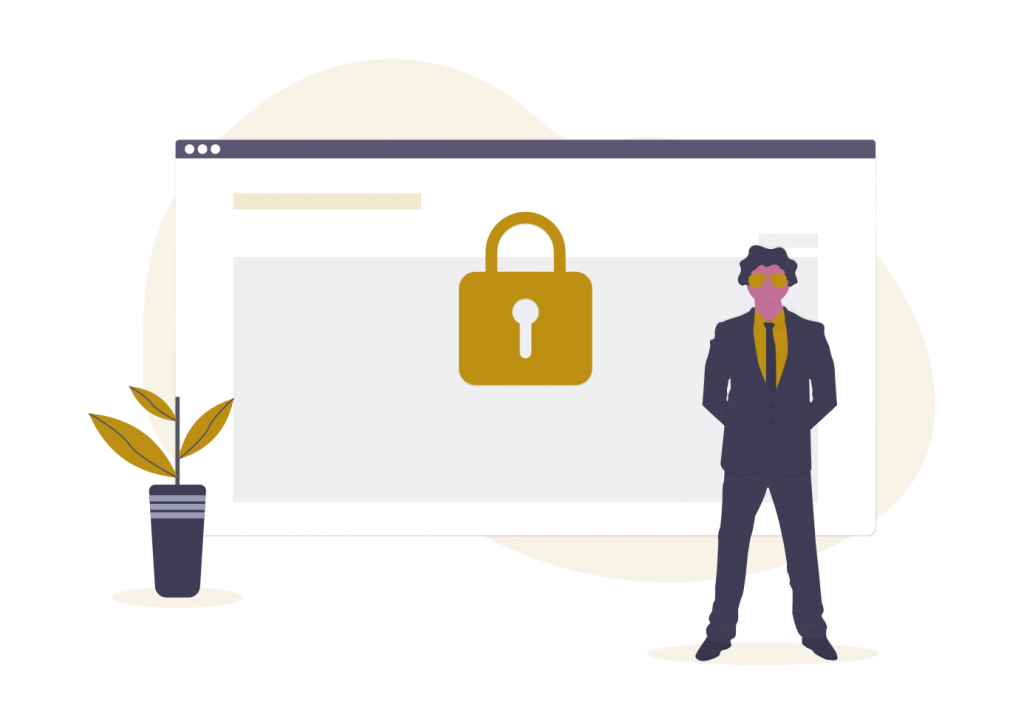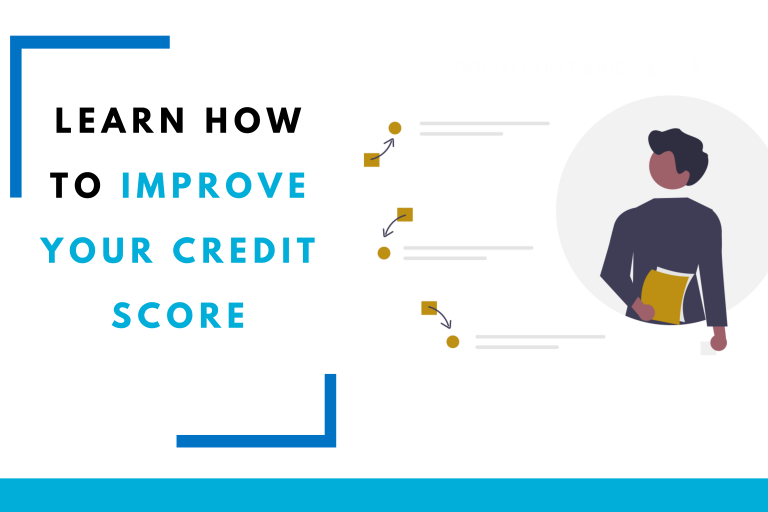Debts such as credit card balances are sometimes refinanced by homeowners to be paid off. They cash-out refinance by getting a mortgage, taking the difference in cash, and paying off high-interest debt with it.
With cash-out refinance, credit card consolidation allows you to make fixed payments over a set period. This is done instead of paying a revolving balance every month. As a bonus, the mortgage rates are often lower than the credit card interest rates.
Debt consolidation, also known as cash-out refinance, might provide financial relief. It combines several of your monthly debts into one new loan. This leaves you with a single monthly payment you can afford and reduces the interest you pay on your debt.
While cash-out refinance can help you tackle your debts, this does not mean it works for everybody. There are instances where debt consolidation could cause high interest rate that might significantly increase the overall amount you will pay, especially with a low credit score. In this case, it might be better pursuing a debt settlement plan when you owe so much debt that a single monthly payment is quite impossible for you to settle. Thus, debt settlement plan does not only consolidate your debt, but reduces it as well.
Let us tackle further whether debt consolidation is a suitable choice for you. To pay off debt with refinance may work for others, but not for you. Understand first how the process works, whether it makes financial sense, and which debt can only be consolidated.
How Does Debt Consolidation Work?
Debt consolidation leaves you with a monthly payment that is affordable at a lower interest rate. Thus, it can save you some money in paying down this debt. You will be working with a lender or debt consolidation service who will be negotiating with your creditors regarding the repayment plan. They will be drafting your debt consolidation plan to determine how much you owe and how much you can afford to settle every month.
What Debt Can Be Consolidated?
Not every debt can be consolidated. Debt consolidation only works for debts that do not come with collateral – these are known as unsecured debts.
Unsecured Debts
Unsecured debts are mostly personal loans and credit card debts. These are not backed by collateral such as:
- Student loans
- Unsecured personal loans
- Credit card debt
- Payday loans
- Utility bills
- Medical bills
- Cellphone bills

Secured Debts
Secured debts on the other hand, include mortgage and auto loans. Failure to settle the mortgage plan may result to the foreclosure process wherein your lender will take your home. If you do not pay your auto loan, the lender can also take your card. Your home and car will serve as your collateral.

GET PRE-APPROVED TODAY.
NO CREDIT CHECK REQUIRED!
Is Paying Off Debt with Refinance a Good Idea?
Construct a plan first before consolidating debt to avoid ending up in debt again.
This process works for candidates with strong credit score. A high credit score qualifies you for the lower interest rates which would make financial sense to the debt consolidation. However, if you will only qualify for high-interest personal loans, you will not be able to save money necessary to make debt consolidation worthwhile. A credit that is too low can disqualify you for 0% credit cards or home equity loans.
It will not make sense too if your debt is too high. You could end up with a monthly payment that might not be affordable. Generally, your total monthly debt shouldn’t be higher than 40% of your gross income for consolidation.
If you are struggling with secured debt like the monthly mortgages or auto payment, debt consolidation will not work too. Take note that consolidating secured debts is not a move that could work.
Consolidating debts don’t entirely work if you do not pay down your debt and manage your expenses wisely. Determine how much you can afford to spend monthly. Creating a household budget will not only limit your expenses but save you a lot of money you did not know you could make.
Pros & Cons of Debt Consolidation
Pros of Debt Consolidation
- Finances Will Be Streamlined – Multiple outstanding debts can be combined into a single loan, which could reduce the number of payments and interest rates. Reducing the chances of making a late payment can improve your credit as well.
- Interest Rate Will Be Lowered – Once credit score has improved, you may be able to decrease the overall interest rate by consolidating debts. It can save you money over the life of the loan, especially when you are not consolidating with a long loan term. Feel free to shop around and compare the lenders with the best competitive rate possible.
- Payoff May Be Expedited – Consider paying extra with the money you saved every month when your debt consolidation loan accrues less interest than the individual loans would. As a result, you could pay off your debt earlier and save more on interest rate in the long run. Take note of paying your debt early in order to take advantage of this benefit. Otherwise, debt consolidation could lead to more extended loan terms.
- Monthly Payment Could Be Reduced – Your overall payment can likely decrease when consolidating debt because future payments are spread out over a new and, perhaps extended, loan term. This can be an advantage from a monthly budgeting standpoint. You could pay more over the life of the loan with a lower interest rate.
- Credit Score Can Be Improved – Consolidating debt can improve your credit score in a number of ways. For instance, paying your recurring lines of credit like credit cards can reduce the credit utilization rate. The ideal rate for utilization rate should be under 30% and being responsible with consolidating debt can help you work on that. Stick to the consistent, on-time payments until you have paid off the loan. It will ultimately improve your credit score over time.
Cons of Debt Consolidation
- Added Costs May Arise – Additional fees that may be involved when taking out a debt consolidation are fees like original fees, balance transfer fees, closing costs, and annual fees. Shopping for a lender comes with understanding the true cost of each debt consolidation loan prior to signing off.
- Interest Raise Could Be Raised – Debt consolidation can be a wise decision if you qualify for a lower interest rate. However, if credit score is not high enough and impossible for you to access the most competitive rates, you could end up with a rate that’s higher than your current debts. Meaning, you may be paying origination fees including interest over the life of the loan.
- Interest Over Time Could Be More – You could still pay more in interest over the life of the new loan even if your interest rate goes down in consolidation. Whenever you consolidate debt, your repayment timelines start from day one and may be extended as long as 7 years. The overall monthly payment may be lower, but the interest accrues for a longer period of time. In this case, wisely budget your monthly payment especially those that exceed the minimum loan payment. Thus, you can take advantage of the debt consolidation benefits while avoiding added interest.
- Missed Payments Are a Risk – Missed payment on any loans such as debt consolidation loan can majorly hurt your credit score. Failure to settle payment can also subject to additional fees. Review your budget and make sure you can cover your new payments. Enable auto pay or any other tools that help you avoid missed payments. You may communicate to your lender too should you think you might miss an upcoming payment.
- Underlying Financial Issues Will Not Be Solved – Consolidating debt can only simplify payments. Addressing any of the underlying financial habits that caused debts are not part of it. In fact, there were borrowers who found themselves in deeper debt because they didn’t curb their spending and continued building debt instead. Developing healthy financial habits should be the first step before you consider paying off debt with refinance.
- May Encourage Spending More – Engaging with debt consolidation could create the illusion of having more money than you actually own. It could be easy for borrowers to fall into the trap of paying off debts, only to find out that their balance has increased again. Stay on top of your budget and payments to avoid ending up in more debts than you started with.
Types of Debt Consolidation
Balance Transfer With 0% Interest
One simple way is by transferring the balance from a credit card with high interest rate to one with 0% introductory rate. However, 0% rates do not last forever. Mostly, they last from 6 months to a year. Swapping debt with a higher interest rate (i.e 20% or more) to a 0% card can significantly reduce the amount of interest on your debt.
It may seem catchy, but there is still a downside about it. This can only be used to pay existing credit card debt. Medical debt, cell phone bills, utility debt, and any other debts cannot be transferred. Furthermore, when the 0% offer ends, the interest rate on your remaining debt will revert to your new card’s rate, which could be, again, 20% or higher.
Fixed-rate Debt Consolidation Loans
This is the case where your existing debts will be combined into a single personal loan with one monthly payment. This will make financial sense if the interest rate on your debt consolidation loan is lower than the average rate on your existing debts.
401(k) Loan
401(k) plan can be useful if you need cash to pay off high-interest debt. Unfortunately, not all companies allow their employees to borrow against their 401(k) plans. Failure to pay the 401(k) loan in time results to a distribution that you need to pay taxes on. A 10% advance withdrawal penalty shall also be paid in case you withdrew the money before the age of 59-and-a-half.
Another drawback is that the amount of dollars you can claim at retirement will be reduced. Determine whether paying off your debt is worth this cost.
Home Equity Loan
You may tap the equity in your own home to consolidate your debt. Equity refers to the difference between what you owe and the home value. For instance, your home is worth $200,000 and you owe $130,000 on your mortgage, your equity will be $70,000. Then, you might be able to take out a home equity loan of, say, $30,000 – this would be received in a lump sum and paid back in regular monthly installments, usually at a fixed interest rate. That money could then be used to pay off your high-interest rate debt.
HELOC, also known as home equity line of credit, is also an option. It works like a credit card wherein your credit limit is based on your equity. This option lets you pay only the amount you borrowed.
Home equity loan works pretty well for many since it comes with low interest rates only. Typically, you could save money when you swap home equity debt for higher-interest-rate credit card debt. Should you fail to make payments on schedule, you could lose your home.



